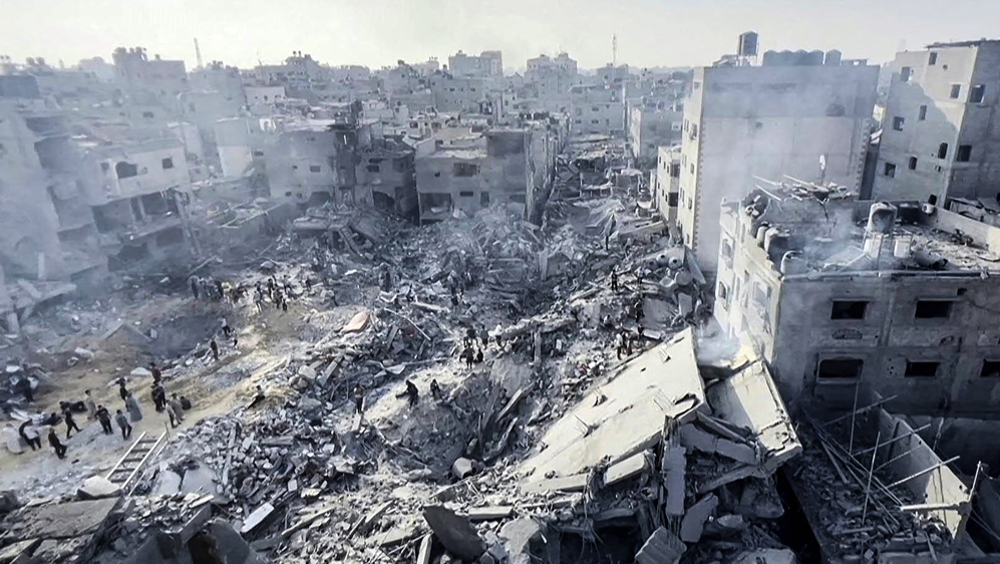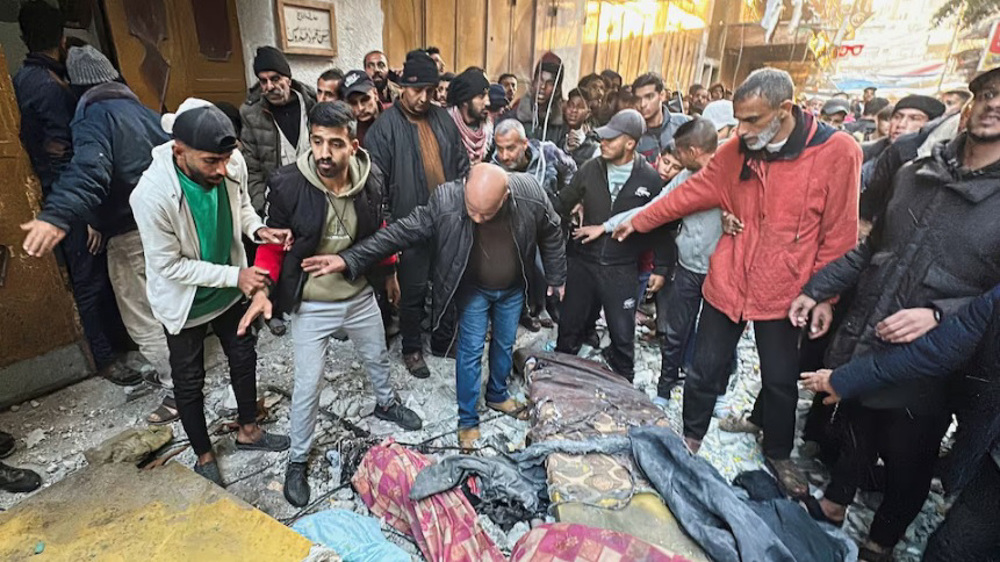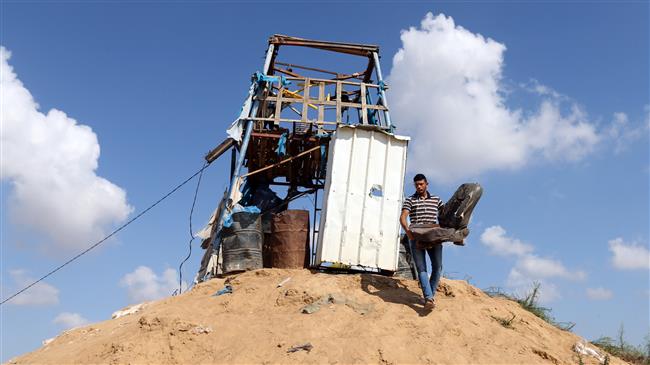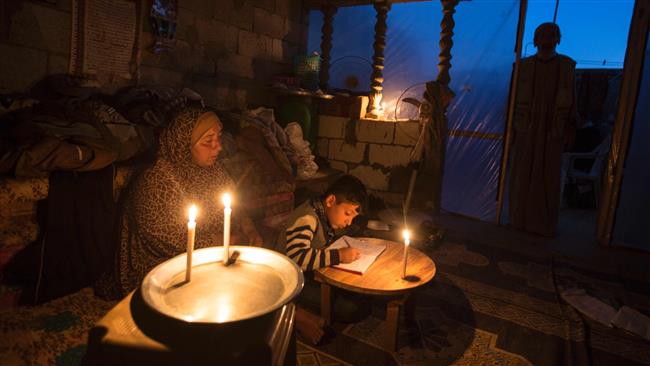Israel says will reopen sole goods crossing with Gaza if lull in tensions holds
Israel says it will reopen its only commercial crossing with the besieged Gaza Strip provided that the current lull in tensions holds; two days after a ceasefire was reached between the Gaza-based Hamas resistance movement and the Israeli regime.
Israeli Minister for Military Affairs Avigdor Lieberman announced the news on Sunday, saying that Saturday seemed to have been “the calmest” day since March 30, when the Great March of Return protests commenced near the fence separating Gaza from the occupied territories.
“If today and tomorrow see a continuation of the situation as it was yesterday, then on Tuesday we will resume routine activity here at Kerem Shalom (border terminal) and return the fishing zone to the ranges previously in place,” the Israeli minister said.
Israel closed the crossing and limited the fishing zone to 11 kilometers from its original 17 kilometers on July 9 in response to fire-igniting kites allegedly flown by Palestinians as part of weeks of border demonstrations.
Nearly 150 Palestinians have been killed by Israeli troops since March 30. Furthermore, during the same period, a total of 14,811 Palestinians have sustained injuries, of whom 366 are reportedly in critical condition.
The Gaza clashes reached their peak on May 14, on the eve of the 70th anniversary of Nakba Day (Day of Catastrophe), which coincided this year with Washington's embassy relocation from Tel Aviv to occupied East Jerusalem al-Quds.
Tensions escalated on Friday after Israeli military aircraft and tanks hit targets in the Gaza Strip, killing at least four Palestinians and critically wounding nearly 120 others. The air raids came after the Israeli military said one of its soldiers had been killed as a result of a shooting from Gaza.
Late on Friday, Hamas and Israel agreed to a truce. The resistance movement said through the efforts of the United Nations and Egypt the two sides had agreed to restore peace to the coastal enclave.
Kerem Shalom is the main export-import terminal for some two million inhabitants of Gaza, which also borders Egypt.
Meanwhile, the UN humanitarian coordinator for the Palestinian territories, Jamie McGoldrick, warned that “supplies of emergency fuel provided by the UN for critical facilities in Gaza are being fast depleted.”
He also called on Tel Aviv to put an end to restrictions on fuel imports, further warning that hospitals in the enclave could soon be forced to close, with emergency supplies set to run out in early August.
“Given ongoing blackouts of about 20 hours a day, if fuel does not come in immediately, people’s lives will be at stake, with the most vulnerable patients, like cardiac patients, those on dialysis, and newborns in intensive care, at [the] highest risk,” McGoldrick said in a statement.
Gaza has been under the Israeli siege since June 2007, causing a decline in living standards as well as unprecedented unemployment and poverty. It also suffers a severe electricity shortage and relies on generators in many cases.
Israel has also launched several wars on the Palestinian coastal sliver, the last of which began in early July 2014 and ended in late August the same year. The Israeli military aggression killed nearly 2,200 Palestinians and injured over 11,100 others.
VIDEO | Australians rally for Gaza ahead of Christmas festivities
VIDEO | Attacks on Sana'a
Iran reports further drop in annual inflation rate in December
Israel indicts two settlers over suspected spying for Hezbollah
Iran: US airstrikes on Yemen war crimes, violation of international law
Yemeni armed forces down F-18 fighter jet, repel US-UK attack: Spokesman
Iran warns against US-Israeli plot to weaken Muslims, dominate region
VIDEO | Public uproar in US against Israeli regime
















 This makes it easy to access the Press TV website
This makes it easy to access the Press TV website